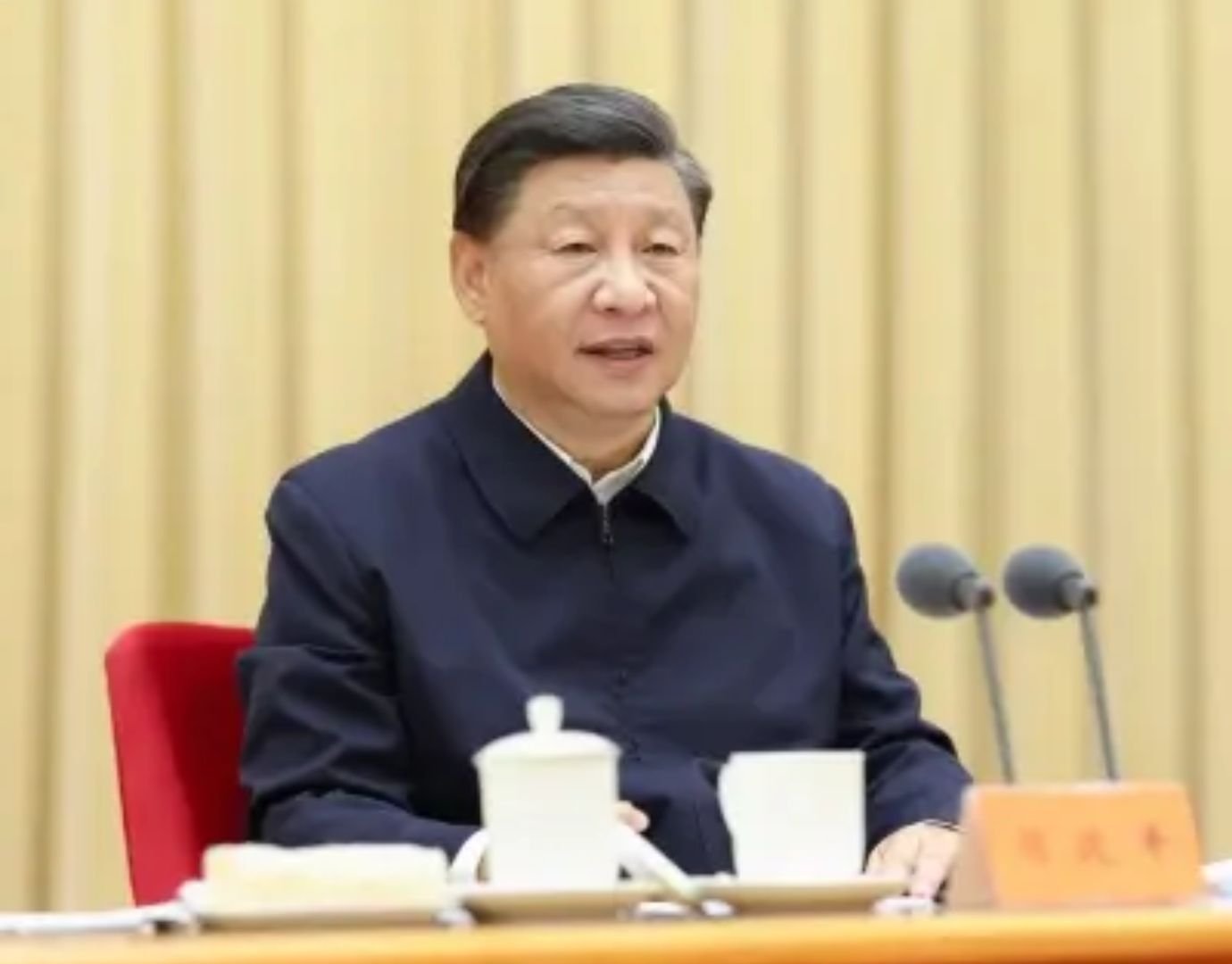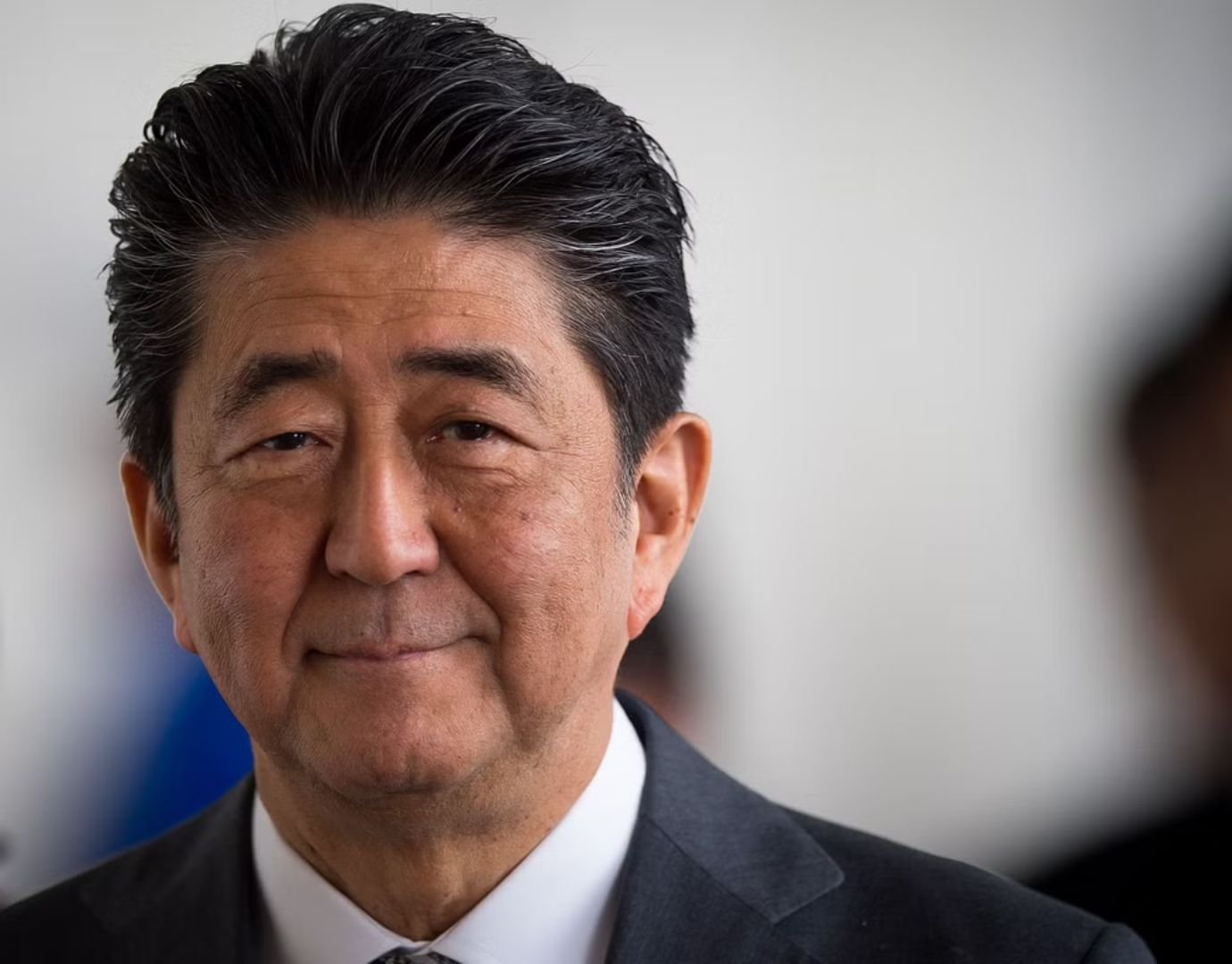People who know about the situation said that the fact that al-Qaeda leader Ayman al-Zawahiri was in Kabul was one of the main reasons why the United Nations did not extend a waiver allowing Taliban officials to travel abroad.
Zawahri was killed by a US drone strike in Kabul on August 1. He was in charge of the terror network after Osama bin Laden was killed in 2011. At the time, Zawahiri was hiding out in the home of a key advisor to Sirajuddin Haqqani, who was the interior minister and the second-in-command of the Taliban. This home was in the middle of Kabul.
Because the Taliban didn’t keep its promise to protect the rights of women and children, the UN Security Council sanctions committee, which is now led by India, agreed in June to take two middle-level Taliban officials off a list of people who were exempt from penalties.
When the renewal of the sanctions exemption list for 13 other Taliban leaders came up before the sanctions committee last month, the US suggested that the travel ban be put back in place for seven Taliban commanders and kept for six others, but that they could only travel to Qatar.
Russia and China disagreed with what the US did and suggested that all 13 Taliban commanders be allowed to travel for three months so they can go to Russia, China, Qatar, and other nearby countries that were not named. But people said that France and the UK were against the idea of Russia and China working together.
The travel waiver ended on August 19 because the 15 people on the UN Security Council couldn’t agree on anything.
“The repeated failures of the Taliban regime to protect the rights of women, children, and minorities caused the US a lot of worry. One of the people mentioned above said that the anger over Zawahiri’s discovery in Kabul “added to it and led to the decision to limit the movements of Taliban commanders.”
“According to a second source, they won’t be able to go anywhere without permission. Now, the sanctions committee will look at each request from a Taliban official to travel abroad on its own and decide what to do.
Recently, there has been more worry in the US, many European countries, and even India that the Taliban leadership might take advantage of the travel waiver.
A third person said that before the Taliban took over Kabul, commanders who were exempt from the travel ban went to Iran and Central Asian countries where they had no business.
Since 2012, the Taliban have had a political office in Doha, so the US decided to let some of the group’s leaders visit Qatar, which is where the US government has mostly done business with the Taliban.
Experts say that there aren’t many choices left besides putting sanctions in place because the Taliban won’t change the situation in Kabul so that it follows international laws and agreements. Shinkai Karokhail, a former Afghan senator, recently told VOA, “No matter how flexible you are with the Taliban, they think that’s a sign of their strength, and they don’t care about international rules.”









